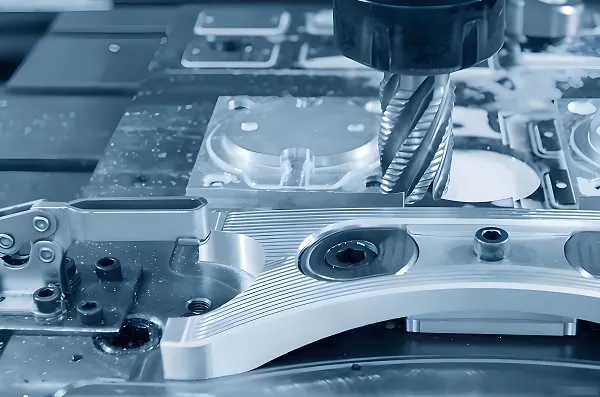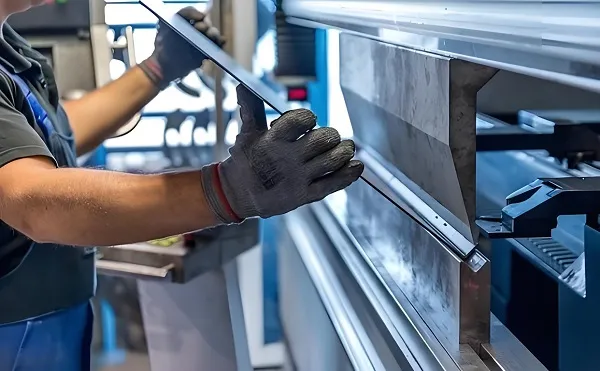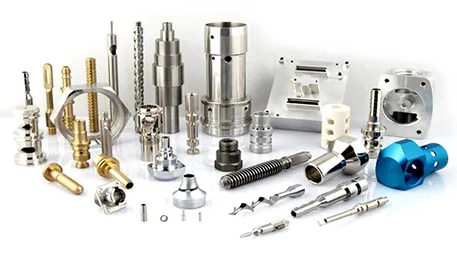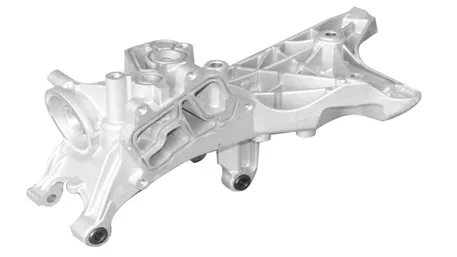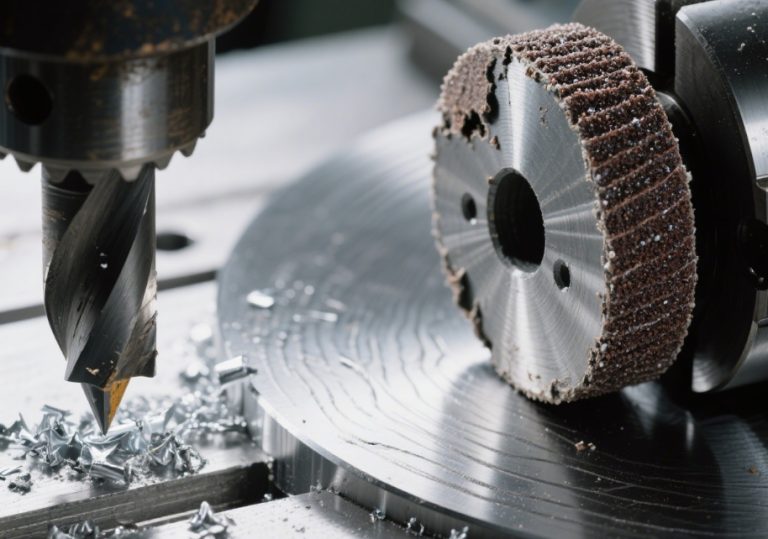In the field of modern industrial manufacturing, stainless – steel pipes have become a core material in numerous industries due to their excellent corrosion resistance, high strength, and easy machinability. With the development of the manufacturing industry towards high – precision and customized directions, the deep integration of CNC (Computer Numerical Control) technology and stainless – steel pipe processing provides customers with a full – process customization service from design to production. This article will analyze the professionalism and practicality of the CNC stainless – steel pipe parts customization service from multiple dimensions, including technical advantages, customization processes, material selection, process innovation, and quality control.
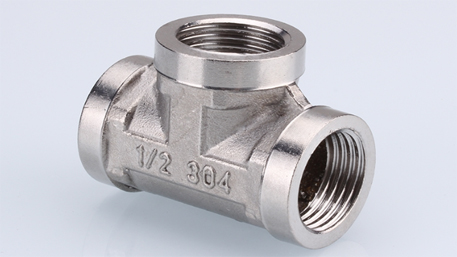
I. Core Advantages of CNC – Driven Stainless – Steel Pipe Customization
CNC technology has an irreplaceable advantage in stainless – steel pipe processing. Through digital programming, CNC machine tools can achieve micron – level precision control, ensuring that the dimensional tolerances of the pipes reach ±1% for the outer diameter and ±10% for the wall thickness, far exceeding traditional processing techniques. For example, in the aerospace industry, a CNC tube bender (such as DW63CNC) can complete three – dimensional complex tube bending, with a minimum bending radius of 1.5 times the outer diameter of the tube, meeting the stringent requirements of precision piping systems. In addition, the automation characteristics of CNC equipment can significantly improve production efficiency and reduce manual intervention, especially suitable for small – batch and multi – variety customized production.
II. Full – Process Coverage of Customization Services
1. Requirement Analysis and Design
The customization service begins with a deep understanding of the customer’s needs. Engineers need to determine the material, dimensions, surface treatment, and performance indicators of the pipes based on the application scenarios (such as a chemical – corrosive environment or high – cleanliness requirements in the medical field). For example, in the customization of medical equipment, 316L stainless steel (carbon content ≤ 0.03%, PREN value ≥ 25) needs to be selected to meet biocompatibility and pitting – corrosion resistance requirements.
2. Material and Process Optimization
Matching the appropriate stainless – steel grade according to the requirements is a crucial step. 304 stainless steel (tensile strength ≥ 515 MPa) is suitable for general environments, 316L performs excellently in chloride – ion environments, while duplex stainless steel 2205 (yield strength ≥ 450 MPa) can balance high strength and corrosion resistance. At the same time, the CNC processing process can be optimized accordingly. For example, the climb – milling method and spray – cooling technology can be used to reduce the work – hardening phenomenon during the milling of 304 stainless steel, extending the tool life by more than 30%.
3. Precision Machining and Surface Treatment
CNC machine tools support a variety of processing techniques, including turning, milling, drilling, and complex surface forming. For example, through five – axis linkage technology, high – precision threads or grooves can be milled on the surface of stainless – steel pipes. In terms of surface treatment, the customization service can provide mirror polishing with a roughness of Ra0.4μm to sandblasting treatment with a roughness of Ra6.3μm, meeting the requirements of different scenarios such as food machinery (requiring Ra ≤ 0.8μm) and architectural decoration (requiring an aesthetic coating).
4. Quality Inspection and Certification
The customization service must pass a strict quality control system. The pipes need to undergo dimensional measurement, hydrostatic pressure testing (the pressure can reach 1.5 times the design pressure), X – ray flaw detection, and salt – spray corrosion testing (for example, 316L stainless steel can withstand 1000 hours of neutral salt – spray without rust). In addition, the products can meet international standards such as ASTM, GB, and ISO to ensure compliance.
III. Typical Application Scenarios and Cases
1. High – end Equipment Manufacturing
In the semiconductor industry, customized 316L stainless – steel precision pipes (wall – thickness tolerance ±0.05mm) are used to transport high – purity gases. The inner – wall roughness Ra ≤ 0.4μm, avoiding particle contamination.
2. New Energy Field
In solar photovoltaic equipment, customized thin – walled stainless – steel pipes (wall thickness 0.8mm) are formed by CNC tube bending to achieve efficient heat transfer while withstanding outdoor environmental corrosion.
3. Medical Innovation
The hydraulic pipes of surgical robots use customized ultra – smooth 316L stainless – steel pipes (inner – wall Ra ≤ 0.2μm) to ensure stable fluid transportation and easy cleaning.
IV. The Value and Future Trends of Customization Services
The CNC stainless – steel pipe customization service significantly improves product performance and service life by precisely matching requirements, reducing the later maintenance cost. For example, in the chemical industry, customized high – molybdenum stainless – steel pipes (such as 904L) have 50% higher acid resistance than ordinary 316L, and their service life is extended by 2 – 3 times. In the future, with the integration of AI and CNC technology, the customization service will become more intelligent. By optimizing processing parameters through real – time data feedback, efficiency and precision will be further improved.
Consult now to get your exclusive customization plan!
Whether it’s complex three – dimensional tube bending, high – precision thin – walled tubes, or customization of special alloy materials, our professional team will combine CNC technology and industry experience to provide you with a one – stop service from design to delivery. Click to leave a message and let us empower your project to unlock the infinite possibilities of stainless – steel pipe customization!

